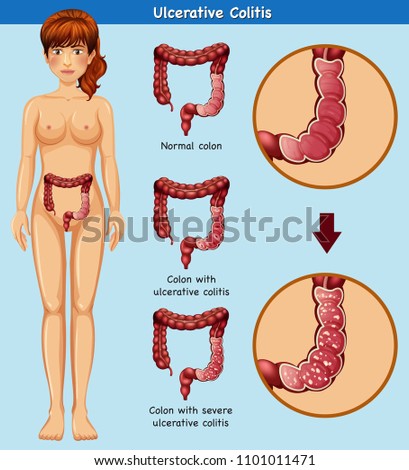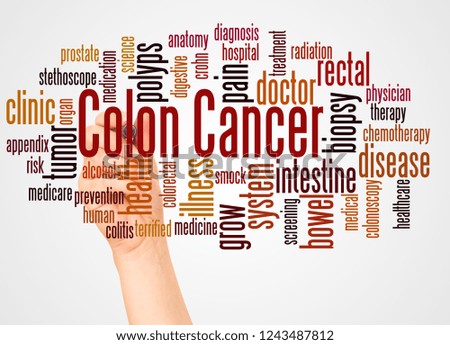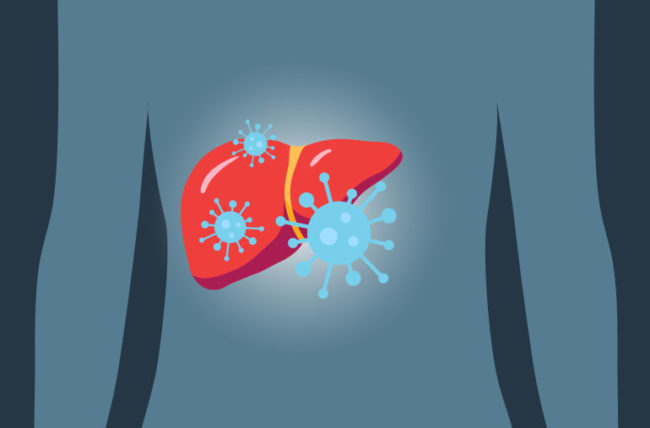Everything You Need to Know About Crohn’s Disease
Related Topics (Ads):
Crohn’s Disease is one of the two most common forms of inflammatory bowel disease (IBD), with the other being ulcerative colitis (UC). Crohn’s Disease is a disease that impacts the digestive tract. More than three-quarters of a million people have been diagnosed with this condition, which is usually caught during high school, college, or early in adulthood. It is important for everyone to be able to spot some of the earliest signs and symptoms of Crohn’s Disease, so they can seek help as early as possible. If you have any of the symptoms below, contact a doctor for assistance.
Related Topics (Ads):
Who Is at Risk of Developing Crohn’s Disease?
Right now, the exact cause of Crohn’s Disease is still being researched; however, the vast majority of medical professionals believe that Crohn’s Disease is an autoimmune condition. This means that the immune system turns on its own cells, tissues, and organs. For example, your immune system might get sidetracked killing bacteria in your digestive tract and start to attack your own tissues as well, leading to the development of Crohn’s Disease.
Some of the biggest risk factors for the development of Crohn’s Disease include:
• Individuals who are between the ages of 15 and 35
• Those with a family history of Crohn’s Disease, particularly a parent or sibling with the condition
• Those who are white or of Ashkenazi Jewish descent are at a higher risk of developing Crohn’s Disease
• A smoking history increases the chances of developing Crohn’s Disease
• Individuals in an urban or industrial area are at a higher risk of developing Crohn’s Disease
Anyone who falls into one of these categories is more likely to develop Crohn’s Disease.
Related Topics (Ads):
What Are the Signs and Symptoms of Crohn’s Disease?
Crohn’s Disease is usually a condition that develops gradually. Similar to other chronic medical conditions, it can range widely in scope and severity. At first, Crohn’s Disease is asymptomatic, meaning people may not even notice it. Then, Crohn’s Disease will begin to build and the symptoms will get worse. Because Crohn’s Disease stems from longstanding inflammation, the two most common symptoms are diarrhea and abdominal pain. These symptoms are usually chronic and severe. Diarrhea contains mucus and, often, blood.
Some of the other symptoms of Crohn’s Disease include:
• The development of fevers
• Chronic fatigue
• In children, stunted growth and delayed development
• Blood coming from the rectum
• Significant weight loss without another explanation
Again, anyone who is experiencing these symptoms must seek medical care as quickly as possible.
How Is Crohn’s Disease Diagnosed?
Crohn’s Disease is a condition that is diagnosed using a combination of clinical symptoms and diagnostic tests. The doctor is going to take a thorough medical history, looking for the symptoms above. Then, the doctor might order tests to take a look at liver function, kidney function, signs of inflammation, and electrolytes. The doctor will probably also order a stool sample to look for signs of blood.
Related Topics (Ads):
Some of the other tests the doctor may order include:
• CT scans or MRIs of the abdomen
• A colonoscopy to visualize the entire colon and take biopsies
• Video capsule endoscopy, which is like a colonoscopy only it uses a pill camera instead of a scope
These tests can play an important role in the diagnosis of Crohn’s Disease.
How Is Crohn’s Disease Treated?
Fortunately, there are several treatment options available for Crohn’s Disease. Some of the treatments include:
• Medications: There are several medications that can treat Crohn’s Disease. Anti-inflammatories, such as corticosteroids and aminosalicylates, have proven helpful.
• Dietary Changes: Individuals with Crohn’s Disease should avoid dairy products, raw produce, high fiber foods, and fatty meats. Bananas, bell peppers, fish, tofu, and potatoes are better choices.
• Surgery. While surgery is not the first option, it can be effective if symptoms are not controlled in other ways. Removing sections of damaged bowel can help improve symptoms while preserving as much as possible.
• Lifestyle Changes: Regular exercise and avoiding tobacco products can help control the symptoms of Crohn’s Disease. Stress and anxiety are also known to worsen its symptoms.
• Natural Treatments: Finally, natural treatments can also help manage Crohn’s Disease. Some examples include probiotics, acupuncture, prebiotics, and fish oil supplements. These treatment options can play an important role in the treatment of Crohn’s Disease.
If you have been diagnosed with Crohn’s Disease, you should speak with your doctor about developing a well-rounded treatment plan.
What Is the Prognosis of Crohn’s Disease?
Crohn’s Disease is a condition that can vary significantly in terms of its severity. The sooner Crohn’s Disease is diagnosed, the faster the treatment process can begin. This could help patients improve their prognosis. If you have questions or concerns about Crohn’s Disease, be sure to speak with a doctor to learn more about your diagnosis and treatment options.






